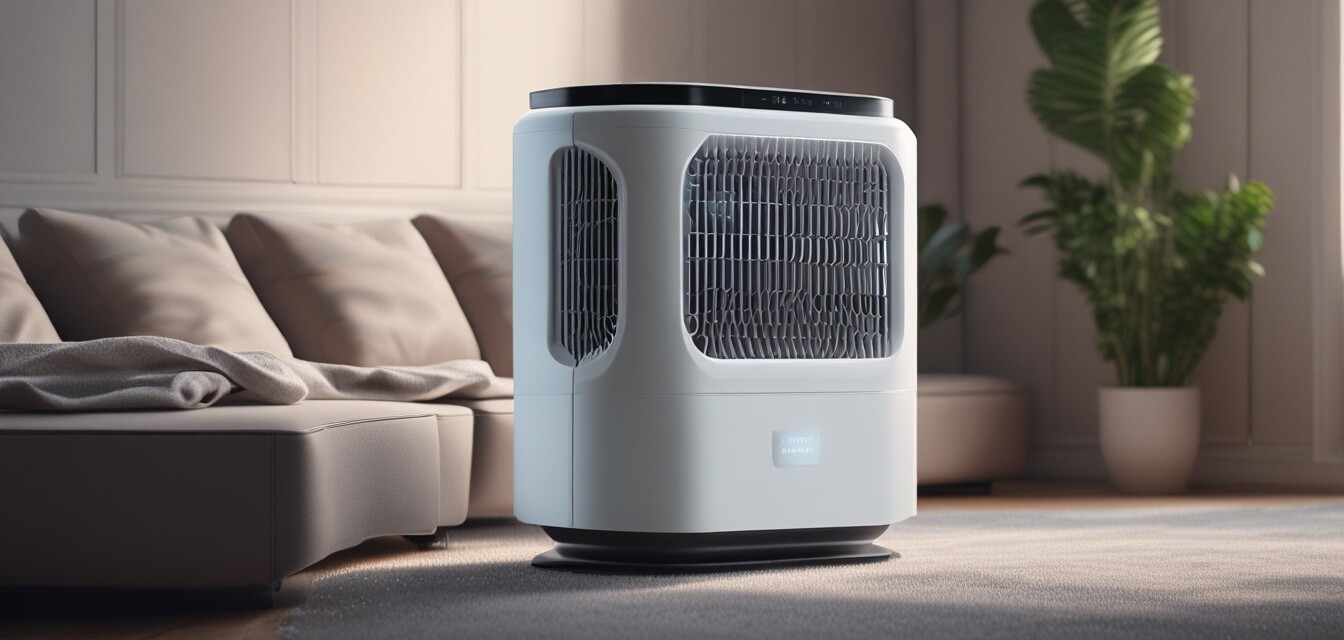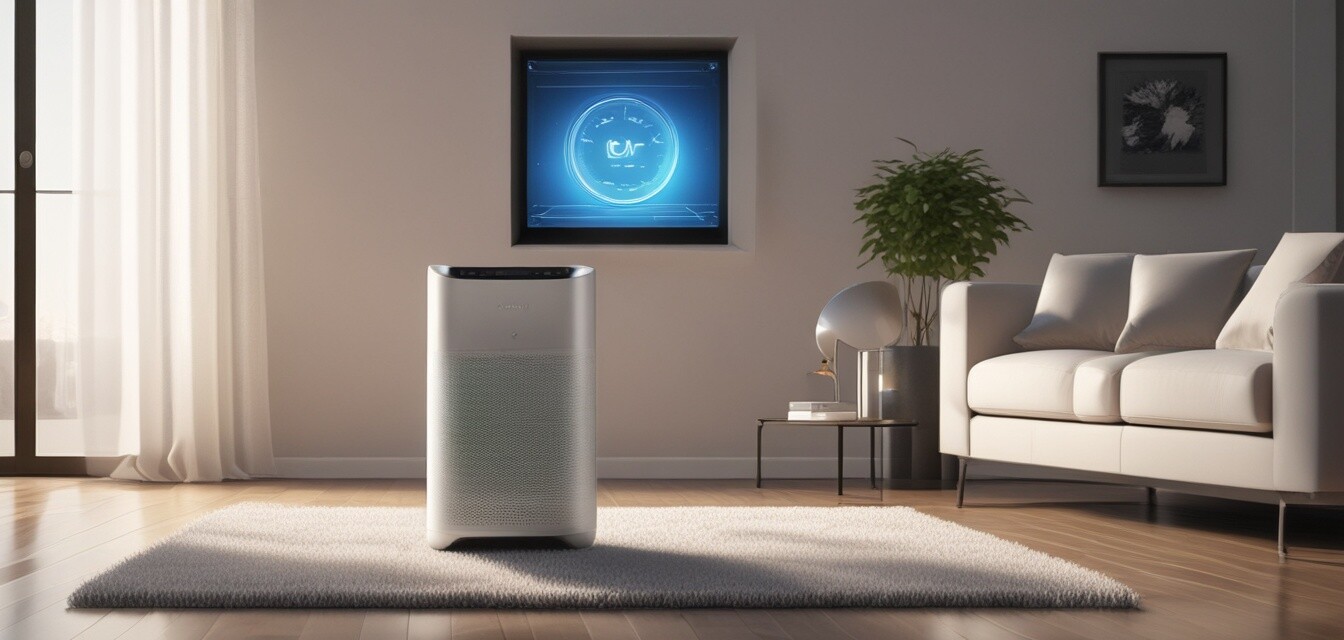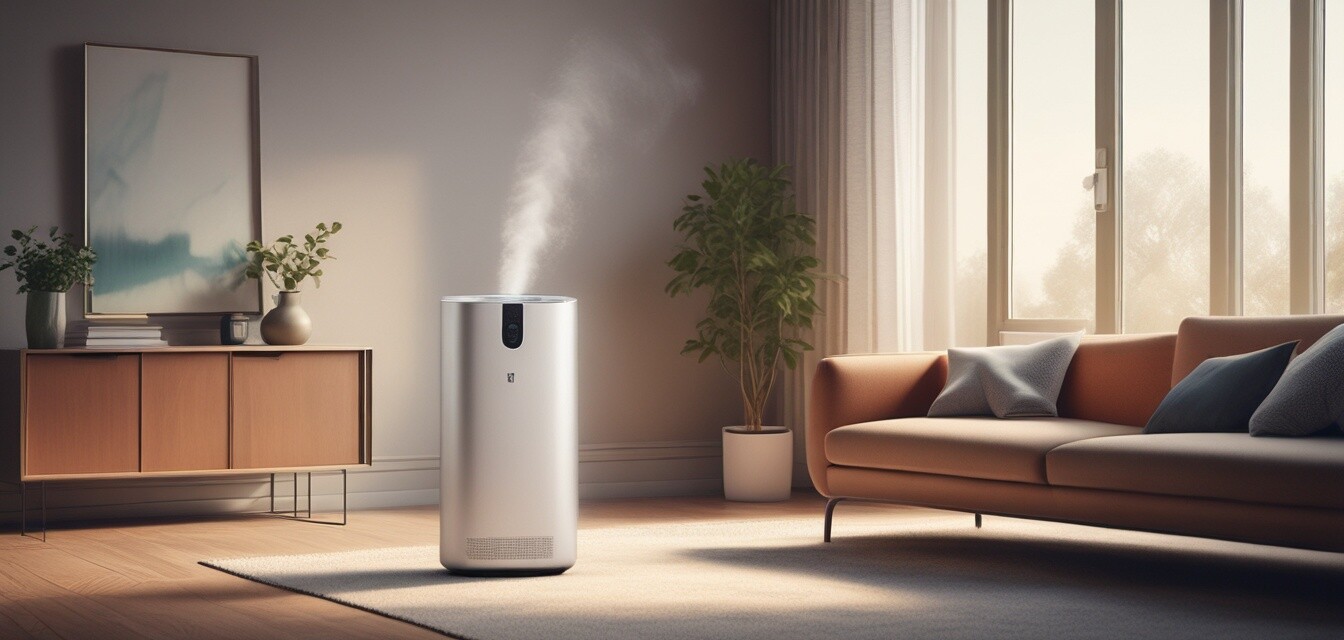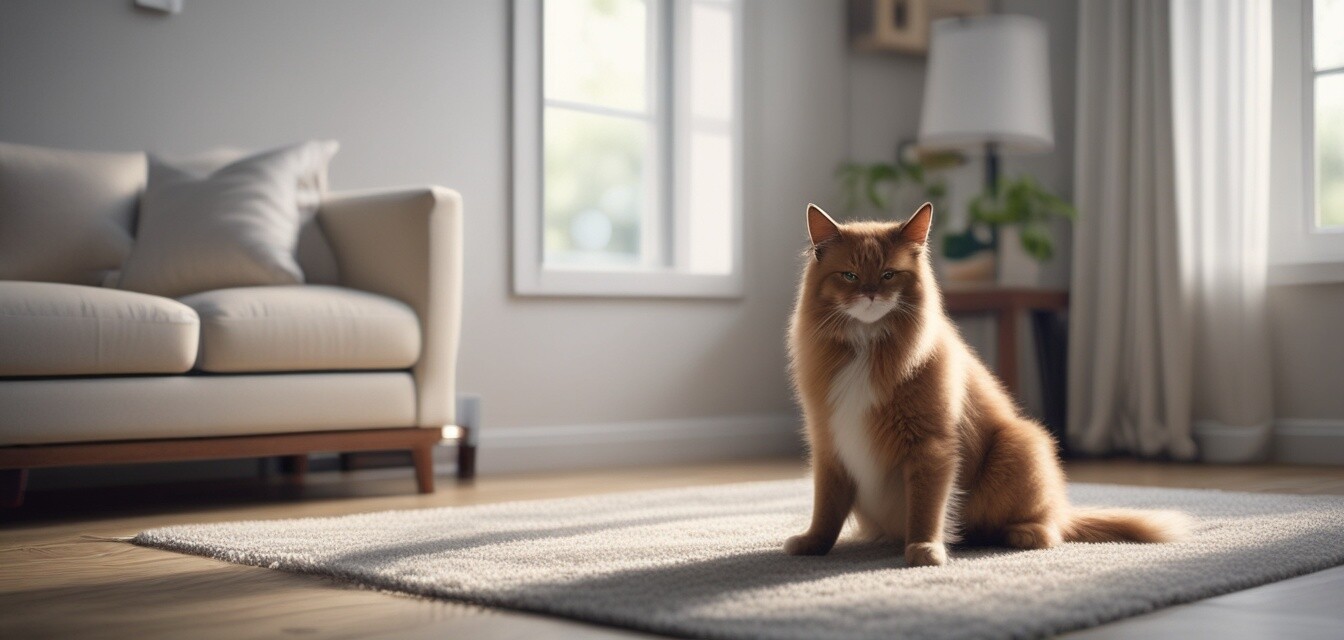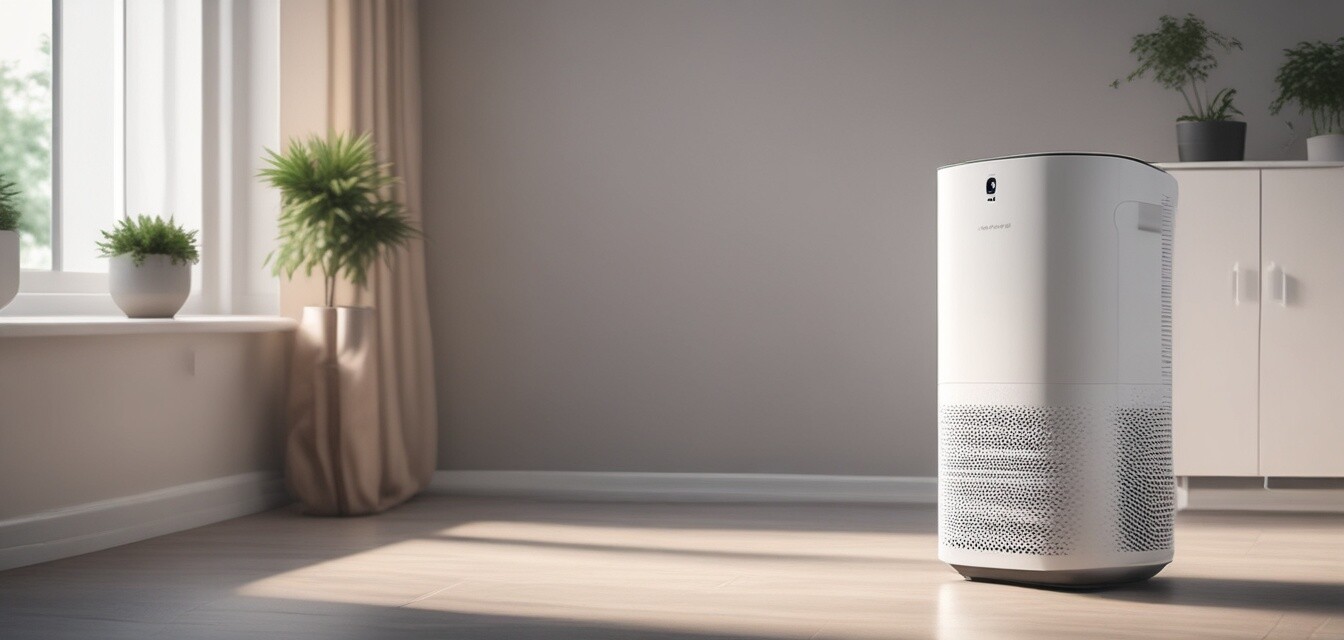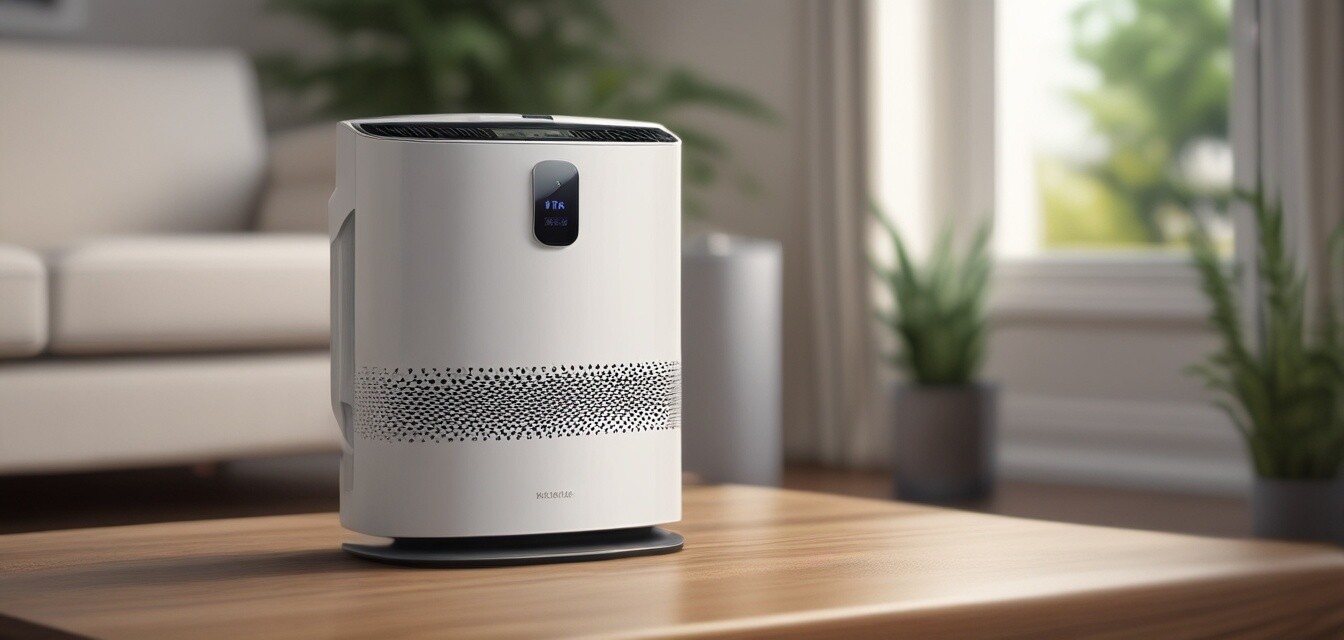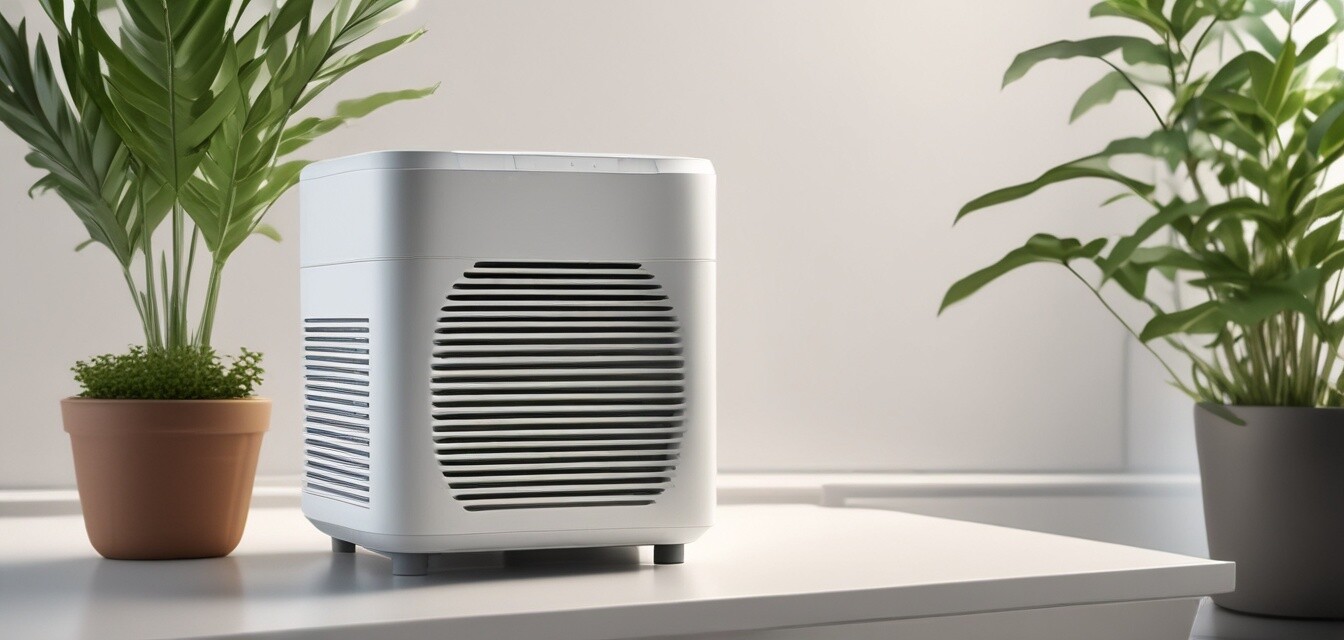
Air Purifiers for Allergies
Are you tired of feeling miserable in your own home? If you suffer from allergies, you know how important it is to have a clean and healthy environment. Air purifiers can be a game-changer for individuals with allergies and asthma. Here's what you need to know to choose the best air purifier for your needs.
- Air purifiers can remove 99.97% of airborne pollutants, including dust, pollen, and pet dander.
- HEPA air purifiers are the most effective type for allergy sufferers.
- Compact air purifiers are perfect for small spaces, such as bedrooms or offices.
- Activated carbon air purifiers are great for removing gases and odors.
Air purifiers are an essential tool for individuals with allergies and asthma. These devices can remove a wide range of airborne pollutants, such as dust, pollen, pet dander, and smoke, contributing to healthier living spaces and improved respiratory health.
How Air Purifiers Work
Air purifiers work by drawing in air, filtering it, and then releasing clean air back into the room. The filter captures airborne pollutants, such as dust, pollen, and pet dander, allowing only clean air to pass through.
| Filter Type | Effectiveness | Best For |
|---|---|---|
| HEPA | 99.97% | Allergy Sufferers |
| Activated Carbon | 80-90% | Removing Gases and Odors |
| UV | 70-80% | Killing Germs and Bacteria |
Types of Air Purifiers for Allergies
There are several types of air purifiers available, each with its unique features and benefits. Here are some of the most popular types:
Compact Air Purifiers
Compact air purifiers are perfect for small spaces, such as bedrooms or offices.
They are energy-efficient and quiet, making them ideal for use in smaller rooms.
Learn more about compact air purifiersPet Air Purifiers
Pet air purifiers are designed specifically for pet owners.
They are equipped with advanced filters that can remove pet dander and odors.
Learn more about pet air purifiers
Features to Consider
When choosing an air purifier, there are several features to consider:
- CADR (Clean Air Delivery Rate): Measures the air purifier's ability to remove pollutants.
- Filter type: HEPA, activated carbon, or UV.
- Room size: Choose an air purifier designed for your room size.
- Noise level: Some air purifiers can be quite loud, so consider the noise level.
Cons
- Require regular filter replacements.
- Can be expensive.
Conclusion
Air purifiers can be a lifesaver for individuals with asthma. By choosing the right purifier for your needs, you can breathe easier and enjoy a healthier living space.

Remember to consider the features mentioned above and choose an air purifier that fits your needs and room size.

By following this guide, you'll be well on your way to finding the perfect air purifier for your allergies.
